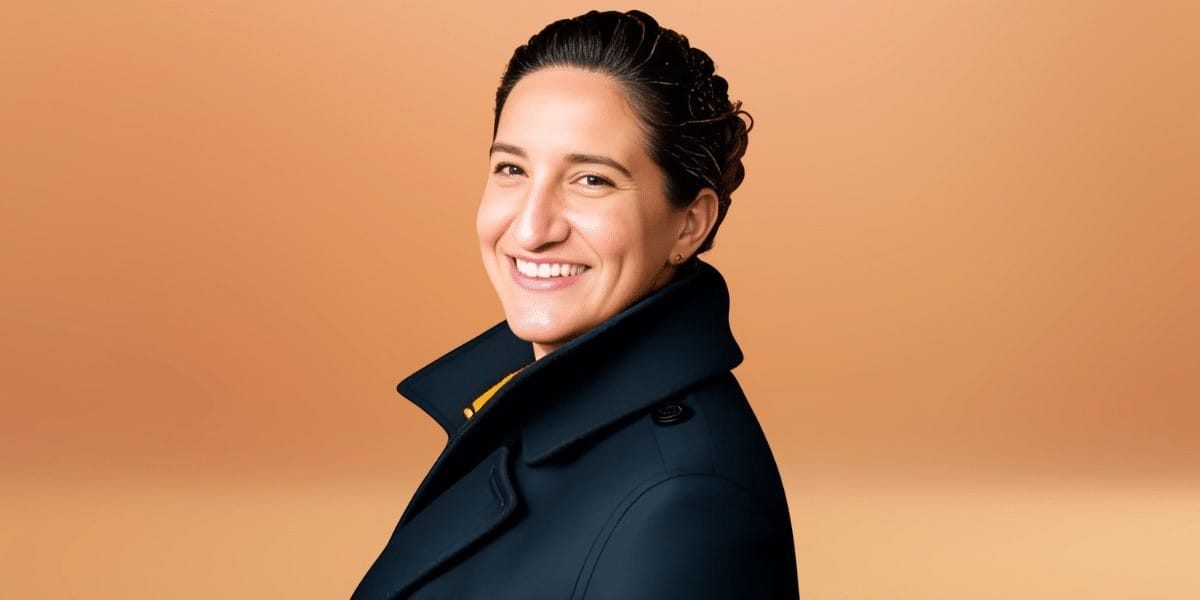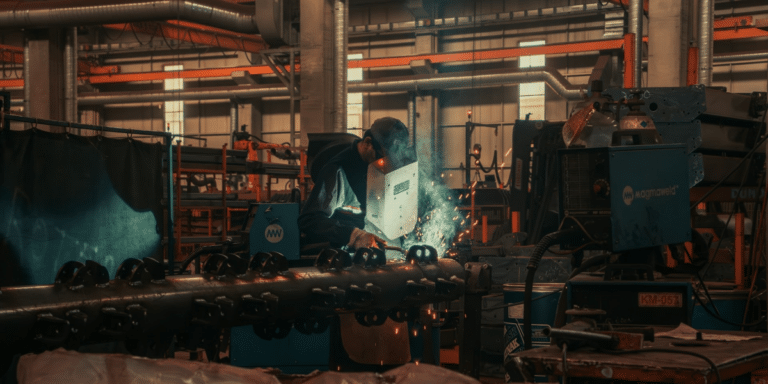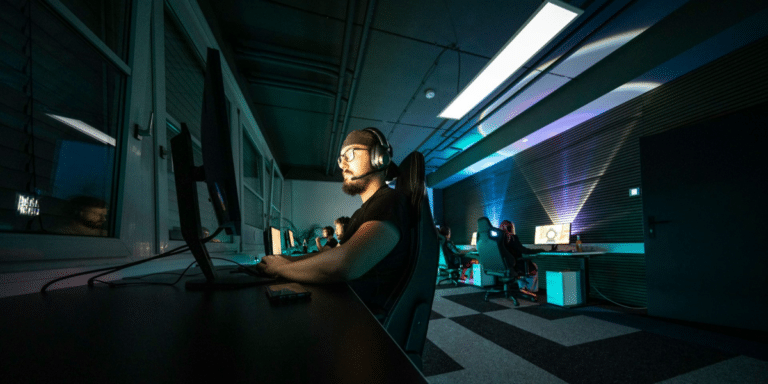By: Rose Rivera
In her recent appearance on the “LezBeFriends” podcast, author and mental health advocate Ann Russo offered deep insights into trauma, humanizing individuals beyond societal labels, and the importance of understanding the complexities of healing.
With decades of experience supporting marginalized communities, particularly LGBTQ+ individuals, Ann’s thoughtful perspectives provided a layer of depth and insight to her discussion with the host, Jocelyn Abrams-Sauer. Her compassionate approach to mental health and representing the underserved was especially illuminated in the episode — aptly titled “You Are NOT Alone.”
Seeing People Beyond Their Roles
In the podcast, Ann passionately addresses the importance of not reducing individuals to their professions or societal roles. She highlights how harmful it can be to confine someone to a single identity based on their work or career — especially when that identity carries stigma.
Reflecting on public discourse, Ann notes, “We have to stop doing this to people. You’re not just what you do. You’re a whole person.”
Ann explains how sensationalism often diminishes individuals, reducing them to their profession or specific acts while ignoring their humanity, and she cites a well-known public figure to illustrate this point. “Stormy Daniels isn’t just what people label her,” Ann points out. “She’s a person with a life, a story, and value beyond a title.”
This perspective is vital in Ann’s therapeutic work, where she aims to create a space free from judgment.
“Understanding someone means looking at their humanity first — not the stereotypes or biases we attach to them,” she says.
This inclusive approach fosters empathy and allows people to be seen and heard authentically.
Trauma’s Lingering Impact
Ann also discusses the pervasive effects of trauma, sharing a poignant story about a child’s scent memory triggering a response tied to past abuse. She describes how the child would act out every time they entered a particular store. Eventually, the caretakers realized that the store’s scent matched the cologne worn by the child’s abuser.
“The child couldn’t articulate what was happening,” Ann explains, “but their body remembered. That’s the nature of trauma; it’s stored in the body. Even if you’re not consciously aware, your body reacts.”
Ann emphasizes that even as a trauma expert, she’s not immune to its effects. Sharing her own experience, she recalls an unexpected reaction when she learned she might encounter a figure from her past at a funeral. This was someone she hadn’t thought about in years. But just hearing their name caused an immediate visceral reaction.
She admits that she panicked, in that moment, and states that the nature of her profession didn’t make her immune to trauma.
“Just because you’re versed in [trauma],” Ann explains, “doesn’t mean that your body doesn’t experience what everybody else’s body experiences.”
She hopes her vulnerability can resonate with listeners, reinforcing the message that healing is a journey and not a destination. Ann believes that these instances of trauma responses underscore the importance of compassion—both for oneself and for others navigating the complexities of trauma.
The Role of Corrective Experiences
One of the most impactful points Ann discusses on the podcast is the concept of corrective experiences—moments that can help reframe or heal trauma. While these moments often arise organically, they can significantly shift a person’s relationship with their past.
The podcast’s host, Jocelyn, adds on to this discussion by sharing a story about their friend who had survived an assault. When this friend later interacted with someone they trusted who unknowingly mimicked the triggering gesture, the encounter unexpectedly became a healing moment. It wasn’t planned, but it created a safe space for the host’s friend to process and move forward.
Ann notes the potential for growth in these experiences, but she also cautions that they require sensitivity and care.
“You can’t force a corrective experience,” she says. “But when they happen, they can be incredibly powerful.”
Embracing Healing
Throughout the podcast, Ann emphasizes the importance of talking about trauma as a critical step toward healing. She encourages listeners by telling them that they “don’t have to live in the trauma.”
“Talking about it doesn’t mean dwelling on it,” Ann says. “It means processing it so you can move forward.”
She sees this happen in her work, which also includes helping clients embrace their evolving selves.
“People often come to therapy wanting to be who they were before the trauma,” she explained. “But there is no going back. The sooner you embrace who you are now, scars and all, the more you can live fully in the present.”
A Call for Empathy
Ann Russo’s message is one of empathy, understanding, and hope. By challenging societal judgments, validating the impact of trauma, and encouraging open dialogue, she continues to advocate for a more compassionate world.
“We share so many intrinsic qualities,” she remarks. “If we can see each other for our humanity, we can foster deeper connections and healing.”
And she firmly believes that healing is possible for everyone. It’s not about erasing the past; it’s about building a future where you can thrive.
You can listen to Ann’s full episode on the podcast here. Feel free to reach out to her via the links on her website or click here to subscribe to her newsletter.
Published by Iris S.








